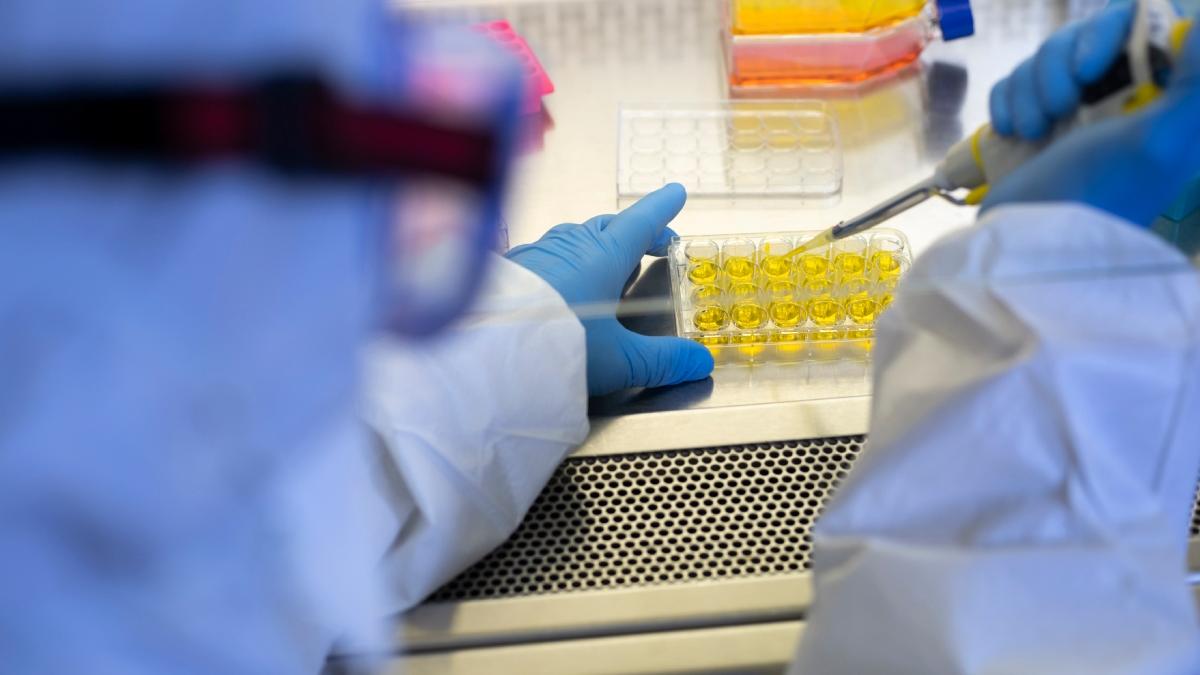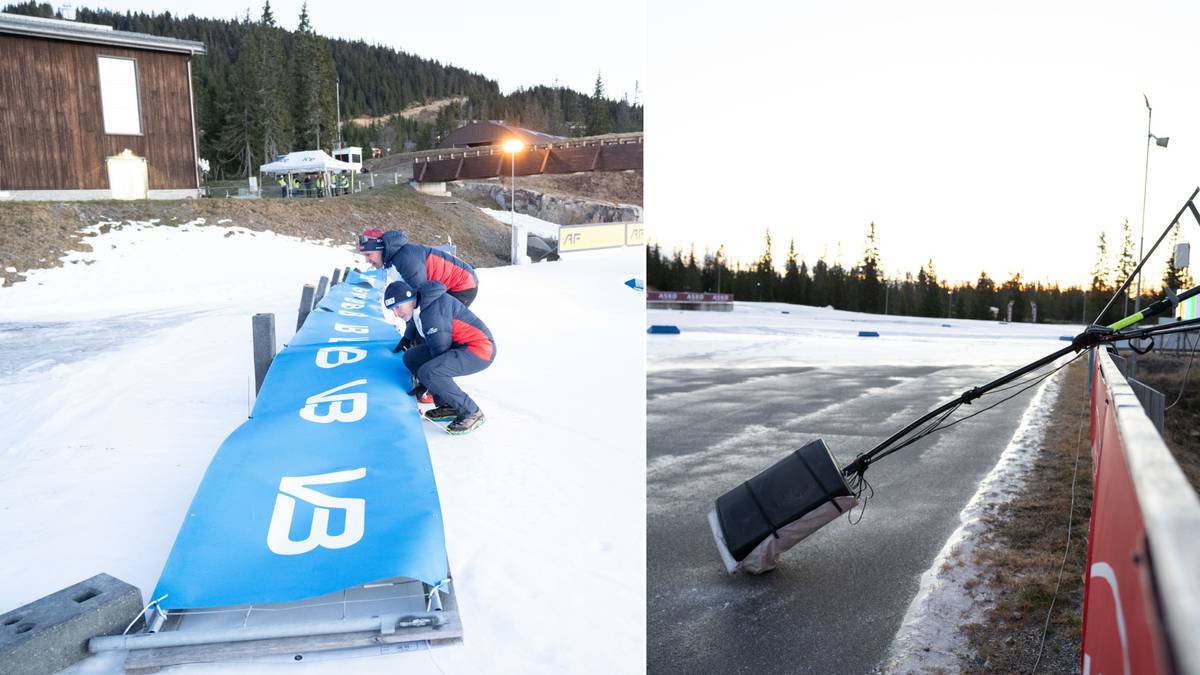Beata Halassy, a researcher at the University of Zagreb, treated breast cancer with an unproven viral therapy, using viruses she created in her own laboratory, writes the scientific journal Nature. Although the treatment has been successful, experts warn that it is not something others should try.
In the summer of 2020, Beata Halassy found out that her breast cancer had returned.
This was her second relapse since her left breast was removed and she was unable to face another round of chemotherapy.
As a sociologist at the University of Zagreb, Croatia, Halassy was aware of that researcher from around the world are testing virus-based treatments for cancer that could avoid the damaging side effects of conventional treatments such as chemotherapy.
The researcher decided to experiment on herself
So Halassy decided to try some of these treatments on herself.
After getting permission from his oncologists, Halassy became a test subject and collaborated with his colleagues to give himself two types of tests. viruses which he did in a laboratory.
Over several weeks, this mobile treatment caused the tumor to shrink, eliminating the possibility of surgery.
In a study published in August in the journal Vaccines, Halassy and her colleagues reported that this “unconventional” treatment, called oncolytic virotherapy (OVT), kept her in remission for nearly four years .
Biologists told The Washington Post that they were divided over Halassy’s decision to perform the treatment on her own skin and publish her results. Although she had the training to make this decision and conduct the experiments herself, they said she may not have had the perspective of an objective researcher as the subject of her own experiments. Also, her research, which was done on one patient, does not provide enough data to make firm conclusions about the treatments tested.
“From my perspective, self-examination is not fundamentally unethical,” said Alta Charo, a professor of law and bioethics at the University of Wisconsin, Madison.
“Maybe it’s a stupid decision. It could, of course, be influenced by unrealistic expectations… But I don’t consider it completely unethical,” she said.
She supplemented her treatment with research material that she prepared over two months
Halassy says she’s not an expert on OVT, but her experience growing and purifying viruses in the lab gave her the confidence to try the treatment. He decided to target the tumor using two successive viruses: measles virus and vesicular stomatitis virus (VSV).
One is known for its ability to infect the tumor cell type and has already been used in OVT clinical trials, and the measles virus has been tested against metastatic breast cancer.
Halassy had experience with these viruses, which were known for their safety. The measles strain is used in childhood vaccines, and VSV causes, at most, mild flu-like symptoms.
For two months, a colleague provided the treatment with Halassy’s new research material, introduced directly into the tumor.
Her oncologists agreed to monitor her until she could switch to standard chemotherapy if necessary.
The treatment was successful
The treatment had a positive effect: the tumor shrunk significantly and became softer, without any side effects. It also separated the pectoral muscle and the skin it attacked, which made surgery easier.
After it was removed, examination of the tumor showed that it was full of immune cells, called lymphocytes, suggesting that the treatment activated the researcher’s immune system, causing it attacks both viruses and tumor cells.
“It was definitely an immune response,” Halassy said. After the surgery, she underwent a year of treatment with the anticancer drug trastuzumab.
Stephen Russell, an OVT specialist and director of Vyriad, which is based in Minnesota, agrees that the viral injection has helped shrink the tumor and restore its aggressive edges.
However, he does not believe that Halassy’s experience is completely new, as researchers are already studying OVT to treat early-stage cancer. However, he says that no decision can be made based on a single case. “The novel thing is that she did this treatment herself, using a virus that she cultivated in her own laboratory,” he said.
2024-11-16 05:03:00
#researcher #tested #cancer #treatment #body #worked


